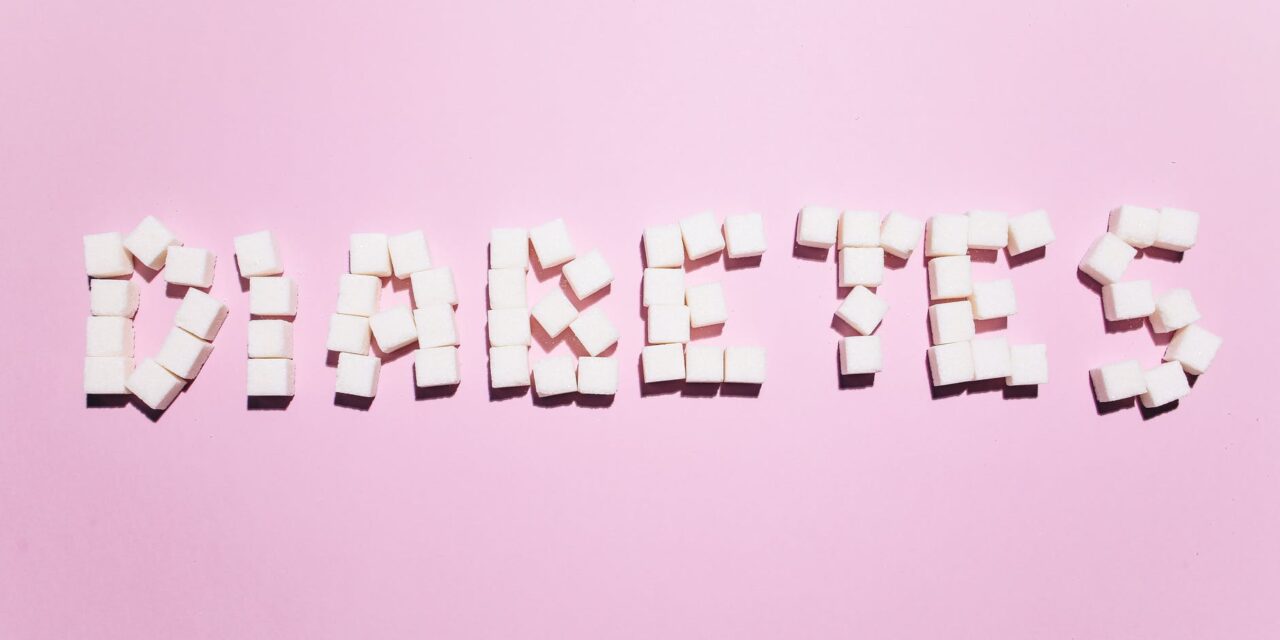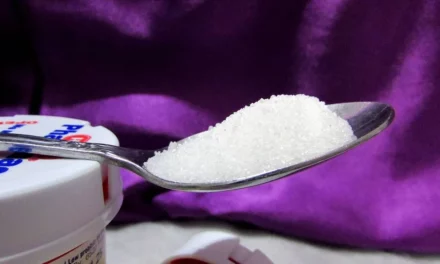Managing type 2 diabetes with diet and Glimepride can have the same effects as managing with insulin injections. Where injecting insulin (obviously) gives your body more (or some) insulin to work with, Glimepiride works by convincing the pancreas to create more insulin. This is a pretty similar effect.
Because of this, Glimepiride can cause hypoglycemic reactions the same way that too much insulin can. Glucose levels of less than 4 mmol/L are considered hypoglycemic. However I believe it is more complex than that. If you look around you will find people talking regularly about “false hypos”. That is, having symptoms associated with a hypo while having blood glucose levels above 4 mmol/L. This actually makes sense, as the key here is what the body is used to. If you have regularly had high blood glucose (for example 20 mmol/L) then even going below 5 mmol/L is likely to be confusing your body and you may have symptoms.
I have experienced this myself a few times. I have felt dizzy, extremely tired, having difficulty concentrating and found my blood glucose levels were still above 5. As my body has got used to having less sugar this has lessened.
While the DVLA do not give specific levels, it has been suggested that blood glucose lower than 5 mmol/L MAY effect your ability to drive safely, and lower than 4 mmol/L you shouldn’t drive. Yesterday I was planning to go out and tested my blood glucose and found it was 4.5. Concerned I tested again a few moments later and it was 4.3 (I actually tested with two strips on two fingers on different hands- and very little difference). Concerned that this was heading the wrong direction I tested again a few moments later and found it was 4.1 mmol/L. At this stage I simply decided not to go out – as clearly I had to do something to change that trend.
This is new territory for me however so I think I over compensated. I had two glucose tablets and followed that up with two slices of whole wheat bread – and then a little later had some natural yogurt with blueberries. An hour later my levels had risen to 7.7 mmol/L. I think I probably didn’t need to take the glucose tablets – or maybe just one. I will get used to it no doubt.
I am not sure though, why the levels went that low to start with. It may be that diet is changing my levels enough so I do not need to take 2mg Glimepiride – I will mention this to my DSN next time I see her.
To back this up, Saturday I had a real hypo of 3.8 and didn’t even feel as bad. I started Saturday at 6.8, but around 3 hours later had jumped to 3.8. I had bacon, eggs and mushroom for breakfast on Saturday, but with two slices of whole wheat bread. This is around the same amount of carbs as I usually have so I am not sure why my levels fell so fast. I had them under control quickly however and had no more problems – although my levels were back down to 4.4 by the end of the day.
I am also noticing that my first reading of the day is usually somewhere in the mid to late 6’s. I believe this may be due to the dawn effect, and may be influenced by me not following a regular sleep pattern and snacks late at night.
I still have work to do to manage my blood sugar although I did tell the optician on Saturday that I believe it is under control (there is under control and under control). The control is a little less than it was a couple weeks ago but I think that is due to a lack of self discipline rather than anything else.
I think I can start to work on these issues by doing the following:
Going to bed by (or ideally before) 11pm
Not eating after 9pm (sometimes I wont be able to do this – but should try and make it a habit to not eat after pm)
Not having a carb heavy breakfast. However this one is less clear as I have had porridge or toast for breakfast since I started watching what I ate and this has not been causing a spike before. It is only an issue if my levels are already high in the morning following by a night fasting. Having more carbs when you already have high blood sugar may not be the best idea. I think though that controlling my bedtime and my eating times the night before may help my resting levels to be lower anyway so the breakfast may be ok as it is.
Ensuring I have SOME carbs during the day – but restricting them to around 150g a day.
My current meal-plans (they arent really meal plans – but this is common eating for me) are:
Breakfast:
- Two slices of multi grain bread with Peanut Butter.
- Porridge made from Pinhead oats and Cacao Nibs with some Blueberries mixed in. Occasionally I may also stir in a square of Lindt 90% cocoa dark chocolate.
Lunch:
- Red Lentil soup and small tub of mixed nuts (Almonds, Peanuts, Brazil Nuts)
Dinner:
- Salad with Chicken breast, fish, or cheese, occasionally bread
- Roasted veggies: Courgette, Tenderstem Broccoli, Red Onions, Peppers, Tomatoes, Mushrooms – maybe with some meat or poultry but usually by itself.
- Chicken breast with lightly boiled veggies
I think the above is a good meal-plan but I will deviate from it sometimes of course. I plan to add new choices to these lists by seeing how my body reacts to different meals.
I need to make a list then of what nutritional values these meals are to see what I am eating a day, in calories, carbs, sugar, fiber, salt.






